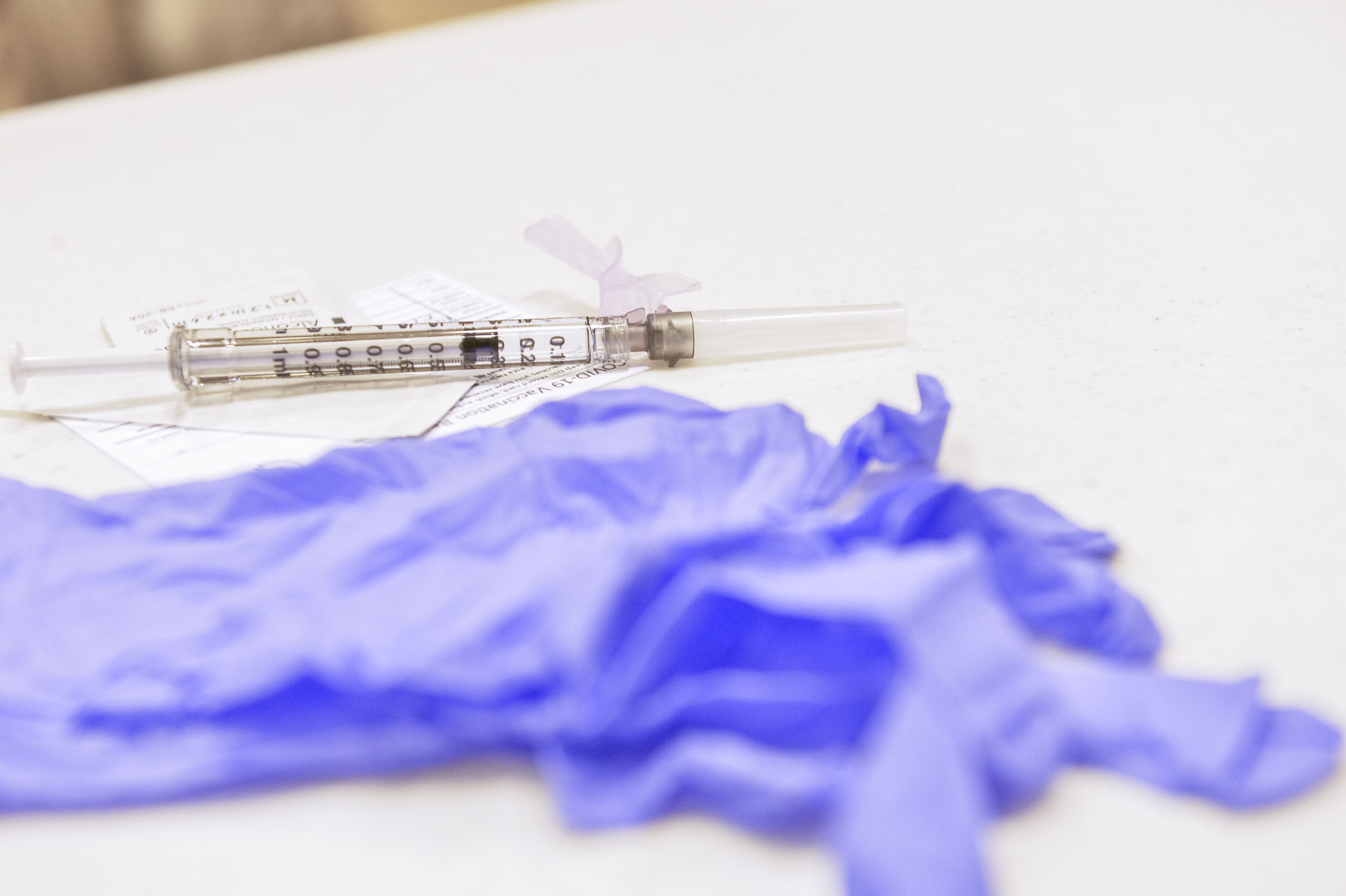Lawmakers who supported a bill with exceptions to West Virginia’s school vaccination policies predict it will be back next year and bigger than ever.
“If I have any say in it, absolutely,” said Sen. Patricia Rucker, R-Jefferson.
Gov. Jim Justice on Wednesday vetoed a bill loosening vaccination requirements in some schools, drawing praise from health care organizations.
“I have always and will always defend our freedoms as West Virginians and as Americans. I hear how strongly people believe in one side or the other on this subject, and I respect all opinions. But I must follow the guidance of our medical experts on this subject,” Justice said in his veto message.
House Bill 5105 would have removed vaccination requirements for students in virtual public schools, and it also would have allowed private and parochial schools to set their own standards.
Rucker, who voted for the bill, said she was disappointed by the veto.
“I disagree with him,” she said of the governor. “I obviously think that’s a very, very simple and basic exemption that would have made sense. So, first of all, we should not be telling private schools what to do. They are their own independent bodies and they should be able to make their own policies, and no one is forced to go to a private school so if they don’t like the policy they simply don’t go.
“And when it comes to public virtual students, we’re talking about students who do not take a step inside of a public school building. So they are online learning in their homes and we are still mandating them to get vaccinated, and obviously that just doesn’t make any sense.”
Rucker concluded, “What that means is, if you do have a reason for not getting vaccinated, we are eliminating your option to get a public or private school education in the state of West Virginia. I’m sorry, but as a mother and as a West Virginia citizen, I don’t think that’s a good policy.”
As of now, the West Virginia Department of Education boasts that the state has one of the most effective school-entry vaccine preventable laws in the nation: “The vaccination laws have proven to improve attendance rates for students and staff while ensuring children stay healthy, safe and ready to learn.”
West Virginia students entering school for the first time must show proof of immunization against diphtheria, pertussis, tetanus, polio, measles, mumps, rubella, varicella and hepatitis B, unless properly medically exempted.
“West Virginia has led the nation in public health laws, and it shows. We haven’t had the same types of outbreaks that other states have had, so I commend the governor for this decision,” said Delegate Mike Pushkin, D-Kanawha, who was against the bill.
Sen. Eric Tarr, R-Putnam, said he was disappointed by the governor’s veto.
“I think the bill wasn’t terribly aggressive. It gave children some options that they don’t have now, gave parents some options they don’t have now,” Tarr said on “The Dave Allen Show” on WCHS Radio. “So I would have liked to have seen a little more of that choice for those parents.”
Lawmakers considered a provision that would have allowed parents to send in a letter citing a religious exemption to vaccination requirements, but that was not in the bill that passed on the final day of the regular legislative session.
Sen. Mike Stuart, R-Kanawha, suggested the Legislature could go farther with vaccination exemption policies next year.
“I’m disappointed with the veto, but it doesn’t mean the end of the line in terms of trying to debate the issue of vaccine freedom,” Stuart said in an interview with reporter Jarett Lewis of West Virginia MetroNews.
“This bill that was vetoed was a very, very small bill. And so there were two pieces of me when I looked at this bill. One is, that I was hopeful that this debate was over for the next few years and I would be able to move forward with what was a relatively small bill in terms of the impact.”
Stuart estimated the number of students opting out of vaccinations through the legislation might have been fewer than 400. “And I think had this become law we would have had several years to be able to see its impact.
“As a result of the veto, what we’re going to have is a renewed debate next year. And we’ll have a new governor next year — and I think that new governor, if I look at the options that are on the table, I feel pretty confident the new governor won’t veto any sort of vaccine bill, and I would expect that the bill that passes through next year might be a bit bigger.”
MetroNews this week asked the campaigns of four top Republican candidates for governor what decision they would make on the vaccination exemption bill. The only campaign to respond with a statement was Mac Warner’s.
Warner, currently the Secretary of State, in a statement provided by his campaign said he would have signed the bill into law.




